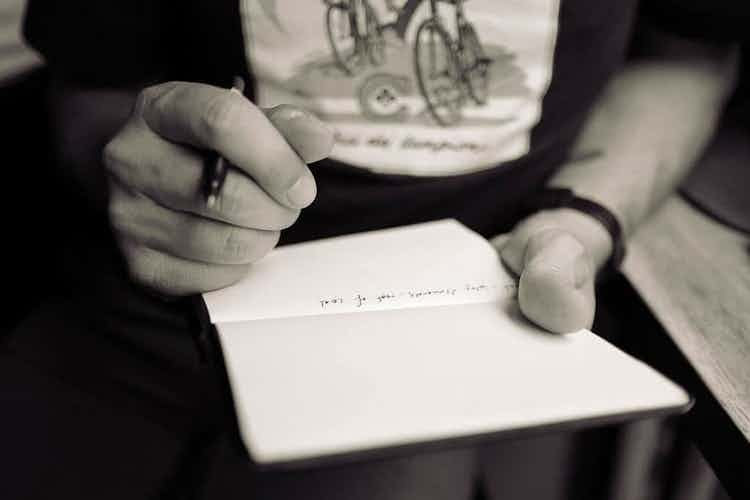The probate process pops up when a person dies. If you've been named as an executor on someone's will, then you need to deal with the application process. Even if there's no will, probate could be required to sort out the estate. The process can be straightforward as long as you understand the basics around it.
Probate in a nutshell
Probate is a legal process enabling you to deal with the deceased's estate. With it, you can divide assets and ensure you do so legally. You’ll receive government-approved documentation and can move onto dealing with the estate. Without probate, you might be unable to access money in bank accounts, for example.
The official documentation you receive depends on whether the deceased person had a will or not. If they had a will, you will receive a ‘grant of probate’. If they didn’t leave a will, you’ll need ‘letters of administration’. Both the grant and the letters will give you the legal right to deal with the assets.
When is probate not needed?
Probate is not required if:
- The person has jointly owned land, property, shares or money. These pass automatically to the surviving owners of the assets.
- The person only had savings or premium bonds.
If the value of the estate is small, you might also not require probate. Many organisations, such as banks, are willing to release small funds and assets without a formal grant. Typically, assets with a total value of less than £10,000 don't require probate. However, it depends on the organisation. Some set the limit lower and some higher. You should contact the organisations where the deceased has assets and check if they require probate to release them.
How to apply for probate
The process to apply for probate is relatively simple. However, not everyone can deal with an estate. You need the right to apply before you can move on with the process. The person allowed to apply for probate can be different depending on whether the deceased had a will or not.
When there is a will
A will should outline the executor, which is the person that will deal with the estate after a person dies. Anyone named as an executor can apply for probate. To apply, you’ll need the original will along with any updates to it. The updating documents are called codicils. Note that all documents must be originals and not photocopies.
If there is more than one executor, then they must all agree to nominate one person to make the application. All the executors must be named in the application, however.
When there is no will
When there is no will, the estate needs an appointed administrator. The administrator is usually the closest living relative. They are considered the most ‘entitled’ inheritors. Relatives are ranked the most entitled inheritors in the following order:
- A spouse or civil partner, including if you were separated
- Children, including legally adopted children but excluding step-children
- Grandchildren
- Great-grandchildren
- Parents
- Brothers and sisters
- Half-brothers and half-sisters
- Grandparents
- Aunts and uncles
If you’re not married to your partner, make sure you write a will. Unmarried partners don't have the right to inherit without it.
You can also nominate someone else to be the administrator on your behalf.
Before you apply
After you clear your need to apply for probate and make sure you are the right person to apply, you also need to estimate the estate's value. You can learn more about calculating this from our previous guide. You need the estimated value to understand if you need to pay inheritance tax and know who is entitled to inheritance.
You need a notice from HMRC that you have paid inheritance tax or that you have no tax to pay before you can apply. It is possible to claim the tax back later from the estate. You’ll also need the original death certificate or an interim death certificate.
Applying online or by post
You can apply for probate online if you have the above information ready.
You can also apply by post. The correct form depends on whether there was a will or not, and you can download and print the documents online.
If you are applying by post, you need to pay the probate application fees before applying. The application fee is currently £215 if the value of the estate is above £5,000. For estates smaller than £5,000, application fees don’t apply.
After the application
The application process typically takes four weeks from when you sent all the original documents. It can take longer, however, particularly for more extensive and complex estates. Unfortunately, you can't control how long it takes. It's essential to prepare for the delay because you cannot make financial plans until you receive the grant or the letters. For example, you can't put a property on the market while waiting for the probate.
Once you get the grant or letters of probate, you can continue dealing with the estate. You should send a copy to organisations that have assets you need to access.
Get help with your probate
The probate process is relatively straightforward in most cases. If you don't know if you need probate, then a solicitor can help you find out and assist with your application. However, you do not have to use a solicitor if you don't need extra guidance. If you are using a solicitor, you might be better off finding a probate specialist.







